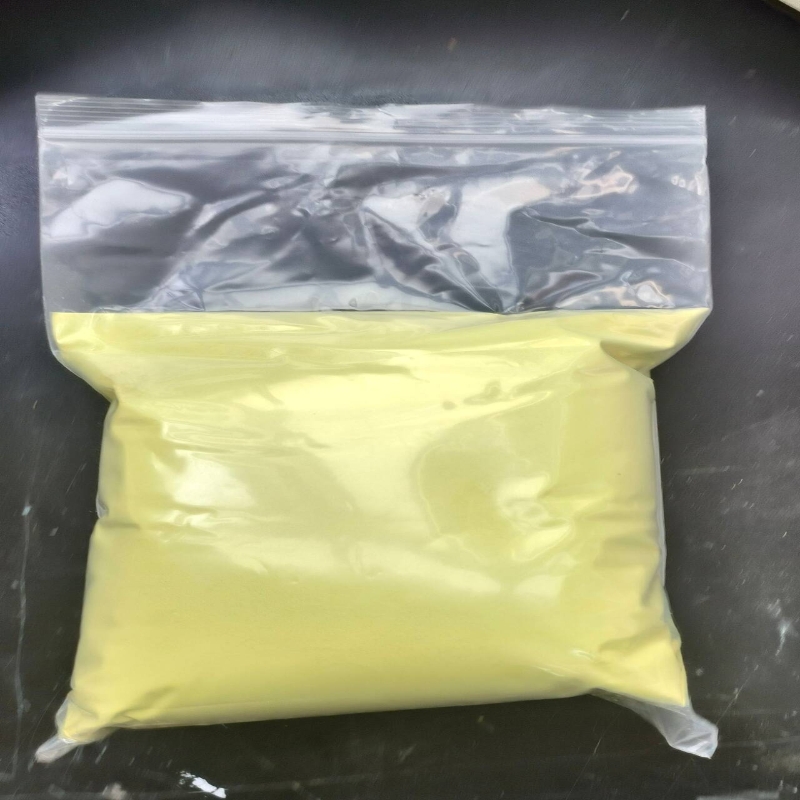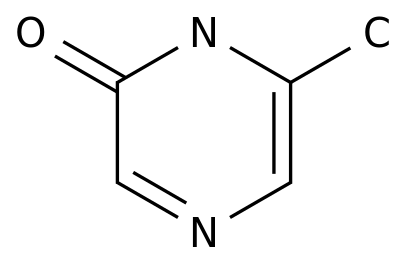-
Categories
-
Pharmaceutical Intermediates
-
Active Pharmaceutical Ingredients
-
Food Additives
- Industrial Coatings
- Agrochemicals
- Dyes and Pigments
- Surfactant
- Flavors and Fragrances
- Chemical Reagents
- Catalyst and Auxiliary
- Natural Products
- Inorganic Chemistry
-
Organic Chemistry
-
Biochemical Engineering
- Analytical Chemistry
- Cosmetic Ingredient
-
Pharmaceutical Intermediates
Promotion
ECHEMI Mall
Wholesale
Weekly Price
Exhibition
News
-
Trade Service
Breakthrough therapies have attracted attention, and new drugs in the same field are often the deadliest.
recently, Pfizer's nearly $5 billion-a-year sales of the heavy drug Ibrace again announced a clinical failure, it is understood that in May this year, Pfizer has announced a clinical failure of the drug.
lilly announced its CDK4/6 clinical advances in June: significantly reducing the risk of recurrence or death from early breast cancer.
Iberance, the world's first CDK4/6 inhibitor to be marketed, received FDA priority approval in 2015 for the initial treatment of ER-/HER2-Post menoptocratic advanced breast cancer, with a market share of nearly 90%.
, the world's first CDK4/6 selective inhibitor, will Pfizer say goodbye to the early stage breast cancer recurrence market after two clinical failures in six months? 01 Clinical failure October 10, Pfizer announced that its target cancer drug Iberance (Chinese commodity name: Aiboxin, generic name: palbociclib, erbasilli) for treatment after the completion of the new auxiliary chemotherapy is still soaked Phase 3 PENELOPE-B trials in patients with early stage PENELOPE-B of the hormone-positive/human epithet growth factor -2 negative (HR-/HER2-) early breast cancer (eBC) did not reach the primary endpoint of improving the survival of non-invasive diseases (iDFS).
, this is the second time in six months that Pfizer has declared Ibrace a clinical failure as an auxiliary treatment.
the end of May, Pfizer updated its Phase 3 PALAS trial to evaluate Irance's combined endocrine therapy for HR plus/HER2-eBC.
the trial was conducted in female and male patients with HR plus/HER2-eBC, including those at high and medium risk of recurrence, and assessed the efficacy and safety of Ibrace's joint standard assisted endocrine therapy and standard assisted endocrine therapy.
a pre-planned efficacy and ineffectiveness analysis, the Independent Data Monitoring Board (DMC) determined that the trial was unlikely to show significant statistical improvements in the primary endpoint iDFS.
the forwards gave the latter a chance to overtake.
Although Pfizer's Ibrace is the world's first CDK4/6 selective inhibitor, Lilly's Verzenio may be the first CDK4/6 inhibitor to enter the market to prevent the recurrence of HR/HER2-early breast cancer.
In June, shortly after Pfizer announced the failure of the PALAS trial, Lilly published Verzenio's latest clinical advances at the European Oncology Society (ESMO): the positive results of the Phase 3 monarchE study showed that in patients with high-risk, lymph node-positive, HR-/HER2-early breast cancer, Verzenio's combined standard assisted endocrine therapy significantly reduced the risk of breast cancer recurrence or death compared to standard assisted endocrine therapy.
data also showed the gap between Verzenio and Iberance, with 11.3 percent of patients in the control group relapsing, compared with 7.8 percent in the Verzenio group, and in the PALAS trial, the complementary treatment with Iberance combined endocrine therapy did not better protect against breast cancer recurrence than in the individual hormone therapy.
, what will Pfizer face after missing out on the early breast cancer relapse market? 02 Pfizer's 2019 results show annual sales of $4.961 billion, second only to its 13-price pneumonia vaccine in all products.
Lilly's Verzenio had sales of just $580 million last year, a significant gap.
a huge gap in sales, there is a bigger market share gap.
, Ibrance already has nearly 90 percent of the market share in the CDK inhibitor category and 80 percent of the first-tier CDK inhibitor market, according to Pfizer's annual report.
analyst Chris Boshoff points out that, despite the clinical failure of PALAS, Ibrace remains recognized as the "best" CDK4/6 inhibitor in the market, and that despite its clinical failure in complementary therapy, it still stands out among CDK4/6 inhibitors for advanced breast cancer.
, Pfizer said the clinical failure of PALAS was a repairable loss.
Pfizer's global president of oncology, Andy Schmeltz, said in an interview that Pfizer's financial expectations had not been hit too hard, and that the company had forecast that PALAS would generate a top revenue opportunity of $2 billion, with a 50 percent adjusted risk, but that the company had made enough progress in oncology and other areas of the business to make up for the $1 billion expected loss.
the gap between the numbers behind the sky-high market, and Pfizer seems to need to get nervous.
first of all, in terms of sales, the other two are clearly eroding the market.
Pfizer's Pfizer Palbociclib sales in 2019 were $4.96 billion, up 20% year-on-year, while Novarma and Lilly's CDK4/6 sales were less than $1 billion, but Novarma and Lilly's CDK4/6 inhibitor sales were up 104% and 127% year-on-year.
ISI analyst Umer Raffat had previously predicted it could be $3 billion to $4 billion in Pfizer's current failed field, the CDK4/6 complementary therapy market, which prevents the recurrence of HR-/HER2-early breast cancer.
03 The global trend of anti-tumor drug research and development has been the goal of anti-tumor drug research and development, in this regard, how strong is CDK4/6? Breast cancer has always been the number one malignant tumor threatening women's health in the world, but in China, one in 10 new patients is diagnosed with advanced breast cancer each year, and 30 to 40 percent of patients with advanced breast cancer who have underwent surgery and standardized treatment will develop advanced breast cancer.
of patients with advanced breast cancer was only 2 to 3 years, and the five-year survival rate was only about 20%.
but in the decade before Ibrace was approved, there was little breakthrough therapy.
as the world's first CDK4/6 selective inhibitor, can effectively extend the lifetime of 10 months.
and anti-tumor drugs as a major direction of global drug research and development, CDK4/6 is only one of the popular targets.
The Southwest Securities Research Report shows that, in the short term, anti-tumor drugs in clinical phase III are mainly small molecules and monoantigens (accounting for nearly 90%), of which PD-(L)1 varieties are still the most popular development areas, PARP, CDK4/6 heat followed.
chart source: Southwest Securities PD-(L)1 needless to say, well-known when the O drug, K drug, adaptive diseases including lung cancer, liver cancer and many other major cancer species.
PARP inhibitors are specifically targeted at cancers associated with BRCA mutations, including breast, prostate, ovarian, etc., and it is worth noting that PARP inhibitors have solved the problem of years of unscrupulous pancreatic cancer.
currently listed include AstraZeneta and Merck, GSK's Niraparib and Pfizer's talazoparib.
domestic aspects, Reding Pharmaceuticals, Baiji Shenzhou, Keystone/ Yingpai in the forefront, Hengrui / Haussen, Tianshili, Qingfeng Pharmaceuticals, Human Fu Pharmaceuticals, etc. are also in the PARP inhibitors layout.
addition, based on the clinical progress of major MNC, Southwest Securities believes that Bcl-2, TGF-β, CD47 is also quite attractive, or will become a medium- and long-term research and development trend.
.




![2-(Hydroxymethyl)benzo[b]thiophene](https://file.echemi.com/fileManage/upload/cas/593/e79a972f-b55d-4dc1-9113-841c417e0a89.png)


